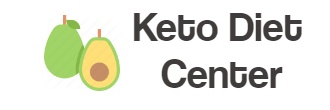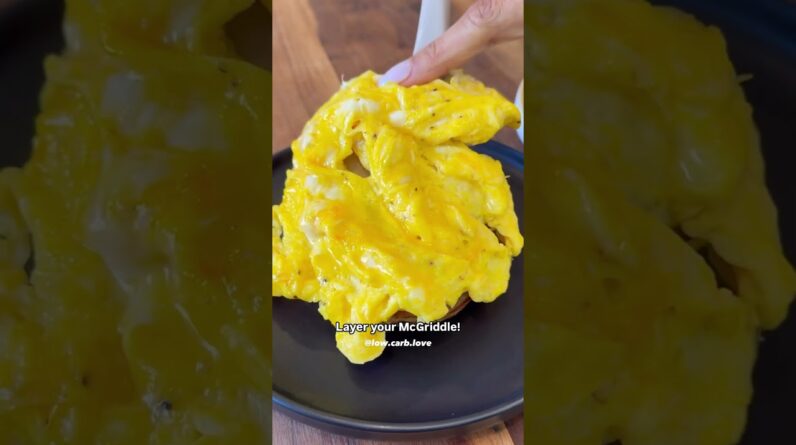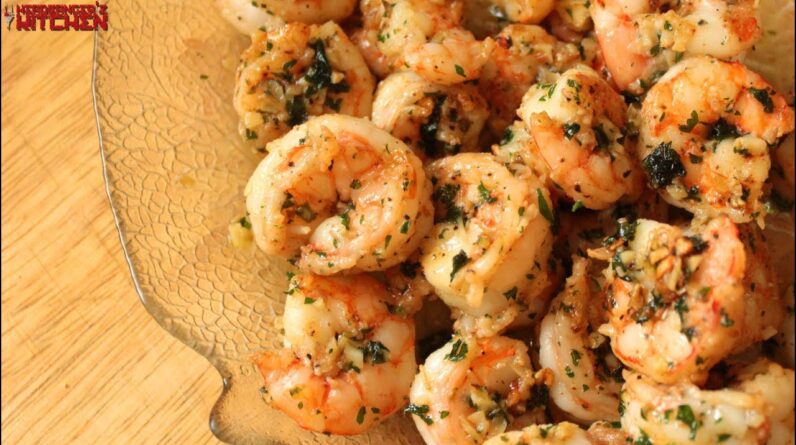– There’s so many diets out there. – Yeah. – And there’s so many plans, there’s so many approaches, so I wanted to know if we could just dive in and talk about some of them. Let’s talk about keto diets because I did that as well, and I have to say I think it worked actually, but I started feeling like this can’t be healthy.
I’m eating cheese, I’m eating steak, I’m eating sausage, I’m eating eggs, I’m eating all kinds of things. I’m not eating fruit which I love. I’m eating some vegetables, but not many. I’m not eating any whole grains.
How can a keto diet be good for you seriously? – Well, it’s been studied for years. It was using kids for epilepsy, and these kids stay on it for decades and decades and they do fine. It doesn’t work for everybody, so I would say it’s very individual.
Now, there was a large study, for example, of diabetics, and they put them on a ketogenic diet, and within a year, 60% reversed the diabetes. – Yeah, how is that if you’re eating cheese and you’re eating half and half and stuff like that? – We do a whole foods ketogenic diet that doesn’t necessarily have to have all that dairy.
In fact, we do one dairy free. You could even be vegan keto. There are people who are doing vegan keto, but you can olive oil, avocado, nuts and seeds. You can have much different kinds of fats that are good for you instead of adding a lot of things that you may not want to be eating otherwise.
– And of course, some fat in your diet is very satiating, and that’s why it’s good to have some fat, correct? – Absolutely, it makes you feel full, but if you eat the right fats, it actually speeds up your metabolism.
There was a study, a large study, the kind of study that’s very difficult to do where you actually feed people the food, and then you track every metabolic factor that happens. David Ludwig did it at Harvard, and he found that in patients who had 60% fat, 10% carbs versus 60% carbs and 10% fat, they had burned 400 calories more a day if they were in some resistant overweight than the group that ate the high carb diet.
So if you eat the high fat diet eating the same exact number of calories, so let’s say they each had 2,000 calories a day the ones who ate the high fat burned 400 calories more a day. That literally would solve our entire obesity crisis.
– So let’s just talk about intermittent fasting in general. What is it and does it work? – Yes and yes. The easiest way to do it is to, you know, eat dinner at six and don’t eat til 10 the next morning, right? Or eat dinner at seven and don’t eat til 11 and so forth.
So just as long as you have that overnight fast. – But wait, time out, I always heard that when you stopped eating, it shut your metabolism down so you’re always discouraged to do that, and admit it, that’s what we used to hear all the time, right? – You know, three meals and three snacks.
– You need fuel to get your metabolism going. That’s not true? – Not exactly, it turns out we were wrong about that, and what really turns on your metabolism is these periods of fasting. Now, historically we did it all the time.
There were times of scarcity, and I think that the science shows us that it increases bone mass, it increases muscle mass, it decreases belly fat, increases cognitive function, reduces inflammation, increases your stem cells, increases your antioxidant systems, it fixes your mitochondria, repairs your DNA.
I mean, it’s a powerful set of strategies that are available to all of us, and it’s not that hard. – So what happens physiologically during that period when you’re not eating? So let’s say you’re doing an eight-hour eating plan.
So you eat between noon and eight at night, 11 and seven. – So think of it like this. Normally, if you’re just constantly filling up your garbage can with waste and you don’t take the garbage out, your house is gonna be a mess, and when you have these periods of restricted eating, when you’re not eating is when the garbage collector’s coming and cleans up your cells and cleans up all the waste products.
It reinvigorates your repair mechanisms so your body can repair and heal. – Between the hours when you’re eating, say you eat between 11 and seven at night, does that mean you can eat anything you want? Can I eat ice cream and eat garbage? I mean, that’s the question, I mean– – So here’s the truth, in studies where people don’t change what they’re eating, they just change when they’re eating, it works which is crazy.
It helps with weight loss, metabolism, and so forth, however, if you eat good food, whole food, real food, it works far better. Now, if you’re pregnant, if you’re anorexic, if you have some disease where you actually need to eat, it’s probably not a good idea, but you can experiment with these biohacking techniques of time-restricted eating, fasting a 24-hour period once a week, doing a, you know, maybe five-day calorie restricted period every three months.
It helps to reset your whole system and increase longevity and activate all these healing systems.









